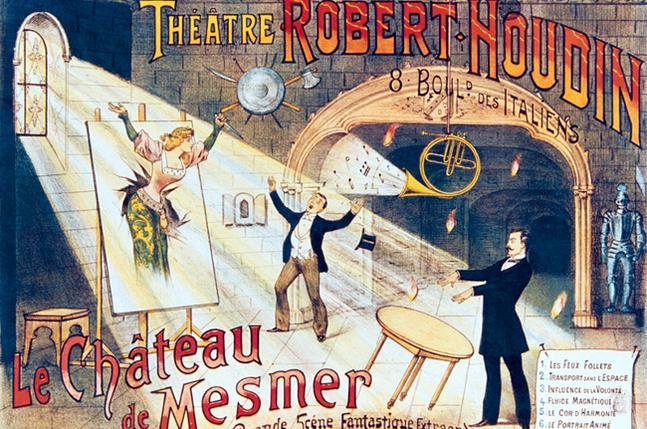
At Public Books, Simon During reviews a book that surprisingly has a lot to say about the future of anthropology: Magic’s Reason: An Anthropology of Analogy by Graham M. Jones, an ethnography of contemporary stage magicians. As During notes, the discipline of anthropology was in some ways founded on the distinction between “primitive” magic and “enlightened” rationality. Jones’s book seeks to collapse this distinction, thus calling into question the foundations of anthropology and proposing a reformulation of its purpose. Read an excerpt from the review below, or the full text here.
But this line of inquiry increases the conceptual strain on anthropology. Let’s state that thought like this: if anthropology was invented to bring the full force of modern rationality to bear on “primitive” societies and cultures, and this under conditions in which the division between the modern and the primitive was most concretely based in the division between reason and magic, what happens to anthropology once the hard division between magic and reason is undone (as it is here), and in the same breath the hard division between “primitive” and “modern” (once again) crumbles?
In this situation, anthropology itself, rather than being a vehicle of universal rationality, becomes an expression of a particular society and culture and, indeed, a performance somewhat like a magic performance in which partial, more or less ritually produced statements are passed off and sanctioned as legitimate objective knowledge.
This difficulty cannot be bypassed just by directing the “ethnographic gaze” indifferently toward all kinds of institutions and lifeways, “modern” or not, nor even by anthropology’s avowed acceptance that it too participates in the societies it studies rather than merely observes them. After all, what is ultimately in question is anthropology’s claim to be in Bernard Williams’s sense “truthful” and not simply performative, not simply expressive, not just something like a dignified and discursive form of secular magic. If, as Jones’s book seems to suggest, anthropology finds it hard not to see itself as anything except analogous to a form of secular magic then it is hard to see how it can remain anthropology, thought of as a social scientific pursuit, at all.
Image: French magician Jean-Eugène Robert-Houdin (1805–1871). Via maisondelamagie.fr.